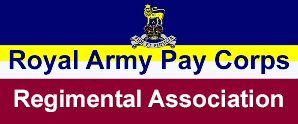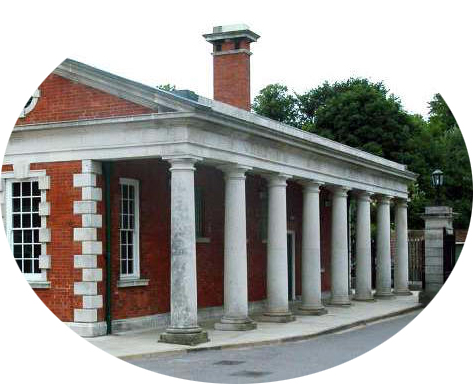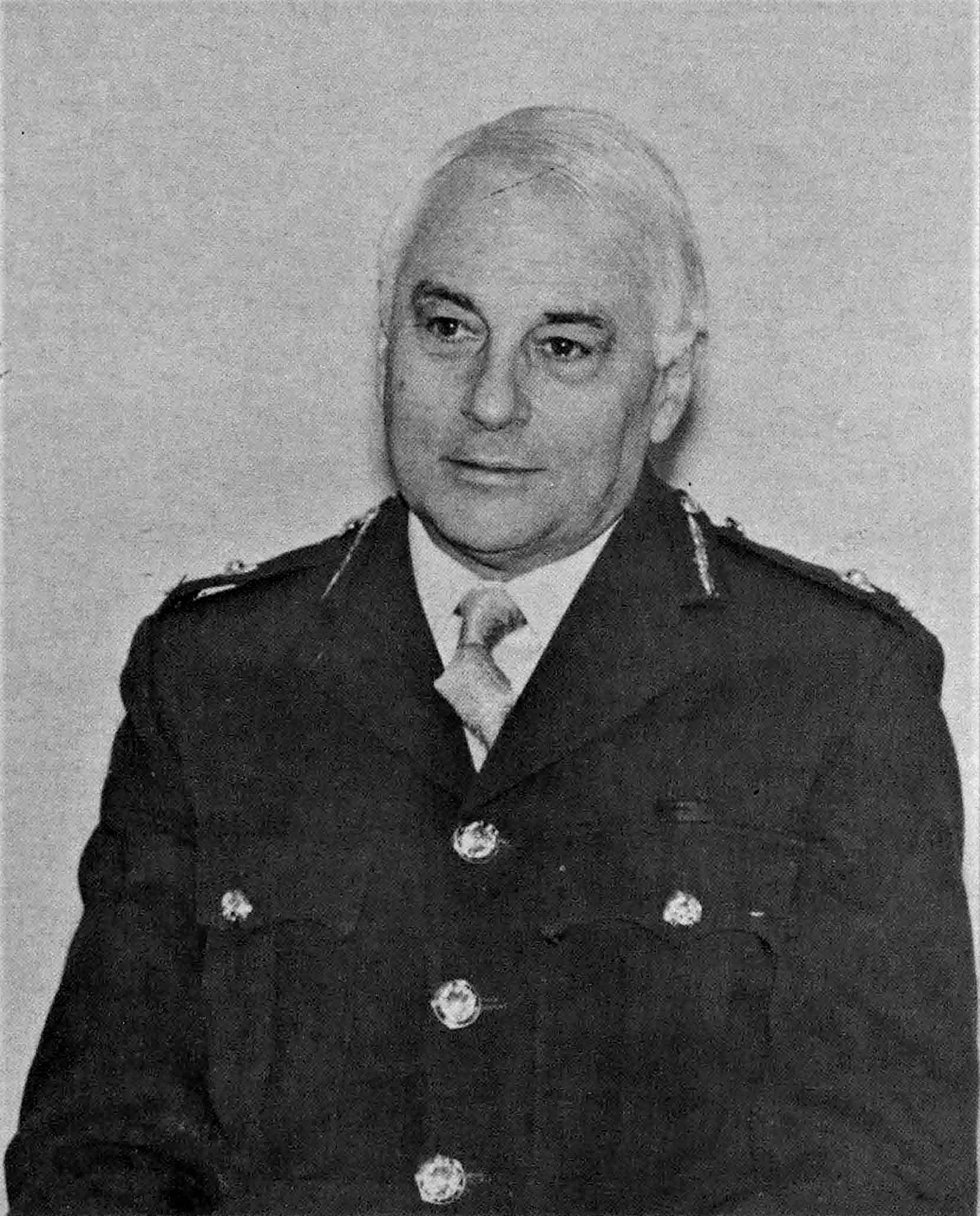
RAPC Virtual Museum

PERSONALITIES GALLERY
Major General P S Bray CB
The Last Paymaster-in-Chief

Major General Paul Bray CB
A tribute to the last Paymaster in Chief by Brigadier Neil Mackereth
Marion and the family have asked me to say a few words. They have taken something of a risk as I am a born again evangelical Christian who loves to preach – seldom have I been before such an august body!
Your all being here is, of course, a reflection of the high esteem in which Paul Bray is held.
I first met Paul about 25 years ago and subsequently worked for him when he was Paymaster in Chief. I could follow the conventional pattern and list the progression in his military career, his many qualifications and his considerable achievements. However, I would rather speak in more general terms (no pun intended), highlighting some aspects that show the nature of this exceptional man.
At the pinnacle of his military career there were dramatic changes in the Army: the end of the cold war was seen as an opportunity to cut defence expenditure and, as a direct consequence, reduce military strength. Many very senior and influential people fought to protect the identities of their particular regiments and corps, and, while understanding the cost of administration, they did not always want to recognise its value. Paul and his team had to thread their way through vested interests and convince a number of sceptics of the absolute necessity of an effective administrative infrastructure. Paul’s foresight and determination, clarity of thought and innovative approach in the design of a new model for the delivery of administrative capability, was masterly. Cost and value debates continue to this day and it is to Paul and his team’s immense credit that the principles of military administrative support, that he was instrumental in both planning and establishing, have withstood the vagaries of almost continual restructuring and amalgamations in other parts of the Army.
Paul was real, practical, and without pomposity. He always had time for people and a genuine concern for their wellbeing. I was told last week that when Paul was Station Commander at Worthy Down he once summoned his staff car and sent the Quartermaster home, because he felt the QM should still have been recuperating from a recent illness. History does not recount how the QM got back to Worthy Down to collect his own car! There are myriad examples of Paul’s thoughtful consideration for the needs of others.
He was always courteous, an honourable man of absolute integrity, steadfast and true in his marriage and family life, which I am certain was the bedrock for his many and varied achievements: after leaving the Army, a 1st class honours degree in Politics, Philosophy and History, and subsequently an MA in History, from Southampton University: Deputy Colonel Commandant of the AGC, where I greatly benefitted from his wise counsel; Chairman of Governors of Kings School, Winchester – the list goes on. His talents ranged from having two books published, to maintaining an allotment; from being a founder member of the Billy Bunter Lunch Club to Chairing the committee of the Friends of Winchester Cathedral, where he was also a sidesman and a Cathedral guide. A man of many parts, determined, able and successful but always humble and approachable.
Returning for a moment to the foundational aspect of Paul and Marion’s marriage, Marion once told me that when she was first invited out by Paul she was staying with friends, in Germany I believe. A telegram was hastily despatched home which read: “big date, small man, send flat shoes”. Last week she said that on reflection she realises what a giant of a man he was.
I want to finish by saying that when I was an officer Cadet the Company Sergeant Major felt I wasn’t making much of an impression. He said: “don’t youse go through your time here without leaving a wake, SAH”, (He wasn’t always that polite to me!)
Major General Paul Bray left a considerable and very impressive wake through the many and varied aspects of his life. We are here today to celebrate a life well lived and we are privileged to have known him: he was, indeed, a giant of a man.